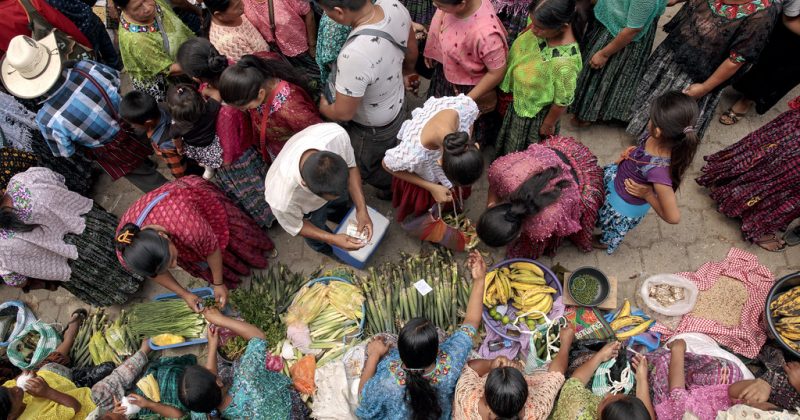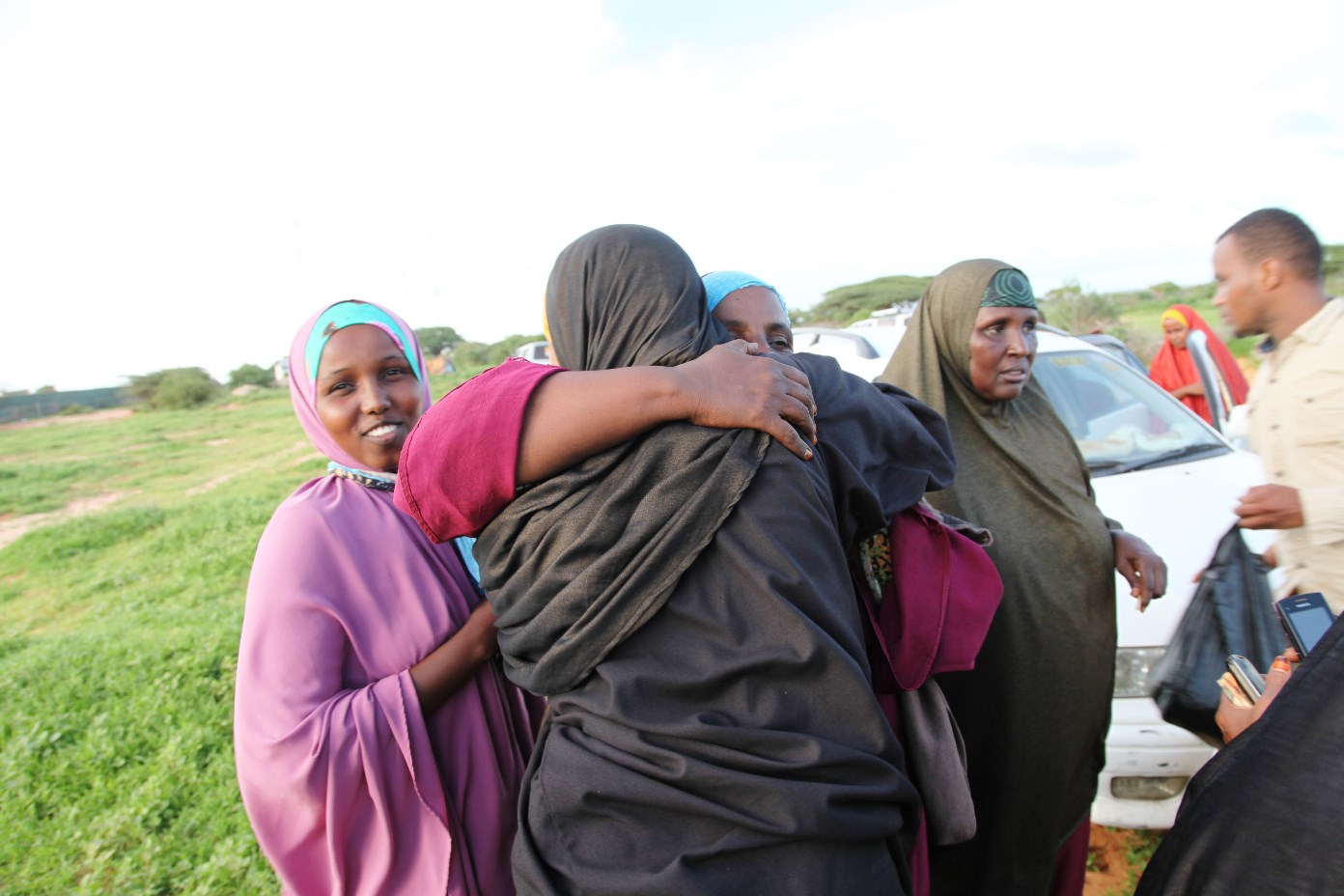
The Will To Work: Women’s Labor Amid COVID-19 Pandemic
By Kelly Dudine, a staff writer at RightsViews and a graduate student in the Human Rights MA Program
Globally, girls and women are simultaneously among the most overworked and most impoverished populations. Entire economies thrive due to the unrecognized and undervalued labor of women, including household work, care work, and informal and low-wage labor.
During the continuation of the COVID-19 pandemic, girls and women stand to lose even more. Women in varying levels of employment are now struggling to maintain dignified work, and many fear the loss of income more than the pandemic itself. “During the first lockdown, all the artisans were tense about not having enough orders to work and feared not getting paid,” said Rosna Kafle, Chair of the Kopila Valley Women’s Cooperative in Surkhet, Nepal.
The Cooperative employs some of the most vulnerable women in the community with work as tailors and weavers. Before the Cooperative, many of the artisans were unemployed, or performed hazardous work, like breaking stones or...


